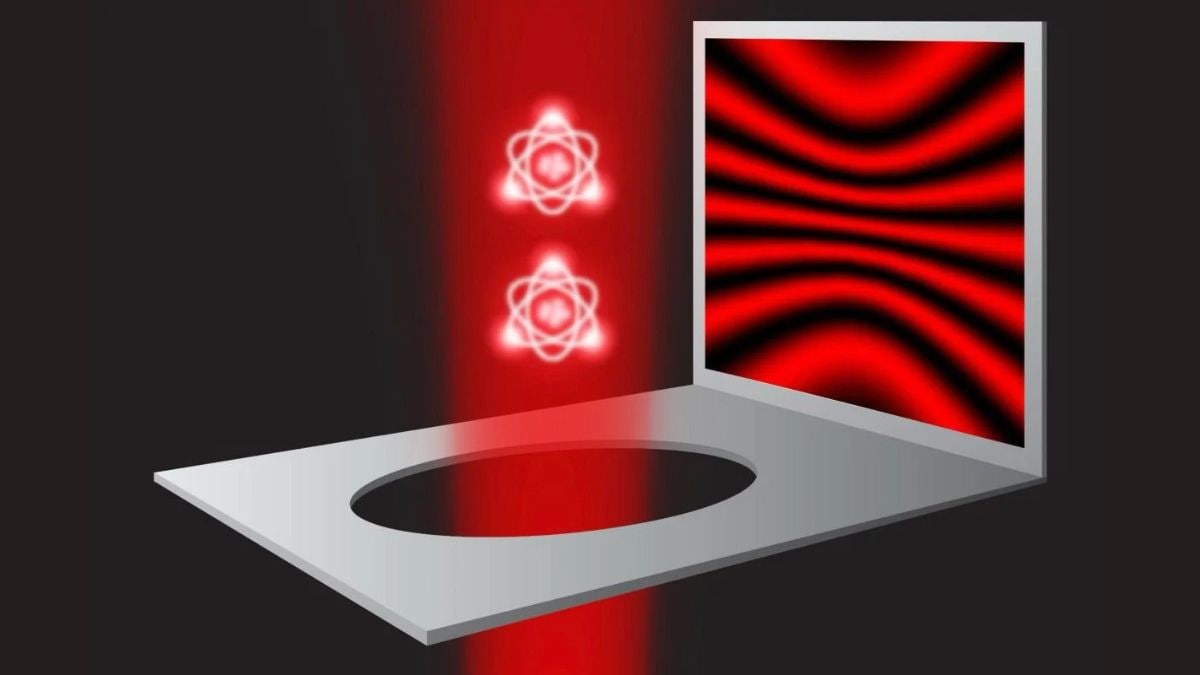MIT Physicists Just Made a Shocking Discovery That Challenges Einstein!










2025-07-31T17:30:40Z

What if everything we thought we knew about reality was turned upside down? Physicists at MIT have just conducted an astonishingly precise version of the iconic double-slit experiment, and their results challenge some of the most foundational beliefs laid out by none other than Albert Einstein himself. Using cutting-edge technology that involves ultracold atoms and single photons, these researchers have reignited the age-old debate surrounding wave-particle duality.
Traditionally, the double-slit experiment has been a cornerstone of quantum mechanics, illustrating how particles can behave like both waves and particles. But MIT's latest approach takes things a step further. Instead of relying on the usual spring setups that have been used for decades, the researchers embraced the chaotic unpredictability of quantum mechanics. This leap of faith allowed them to reveal what physicist Niels Bohr termed 'complementarity'—the idea that wave and particle behavior cannot be observed simultaneously.
The findings resonate strongly with Bohr's interpretation of quantum mechanics, standing in stark contrast to Einstein's deterministic view, which posited that particles possess definite properties independent of observation. Einstein famously declared that nothing could travel faster than light, which was a cornerstone of his theory. Meanwhile, this new experiment supports the Copenhagen interpretation, where measurement itself defines reality.
By stripping away the classical components typically involved in these experiments, the MIT team reduced interference artifacts, leading to cleaner results. Their findings suggest that when individual photons pass through the slits, their behavior aligns perfectly with quantum theory—defying Einstein’s notion of local realism.
The implications are nothing short of revolutionary. Not only does this experiment provide mechanical predictions, but it reinforces Bell's theorem, which has been challenged by past experiments conducted by Delft and Aspect. These experiments have consistently undermined Einstein’s hidden variable theories, further solidifying the unpredictability inherent in quantum mechanics.
In essence, MIT's latest ultra double-slit experiment presents powerful evidence against Einstein's classical views while affirming the unpredictable nature of quantum phenomena. As they demonstrated the complementarity of minimal classical interference, it becomes increasingly clear that nature is governed by the rules of quantum mechanics—rules that might just boggle the mind.
 Mei-Ling Chen
Mei-Ling Chen
Source of the news: Gadgets 360